Attainable Housing for All Campaign
In 2021, ULI made increasing housing attainability a global mission priority. This commitment leverages the ongoing work by the Terwilliger Center. Through housing-focused advisory and technical assistance panels, expanded research and thought leadership initiatives, and the development of a connected and engaged community of practice of residential development stakeholders, the Terwilliger Center will grow and deepen ULI’s housing work and impact.
The Study Panels
The primary tool of the campaign will be study panels (technical assistance panels (TAPs), Advisory Services Panels (ASPs), roundtables, etc.) focused on delivering and/or maintaining housing units attainable to cities’ current and future residents. The study panel campaign will leverage the breadth of recent, current, and future housing-focused work within ULI to inform and advance efforts around the country to enable housing production and improve home attainability and equity.
The Terwilliger Center’s participation in and support of this technical assistance panel was made possible by the generous financial contribution of former ULI global chair Thomas Toomey.
Recent technical assistant panels focus on strategies and models to overcome barriers to housing production to enable development to meet cities’ current and future housing needs.
In 2024 the Terwilliger Center has already worked with:
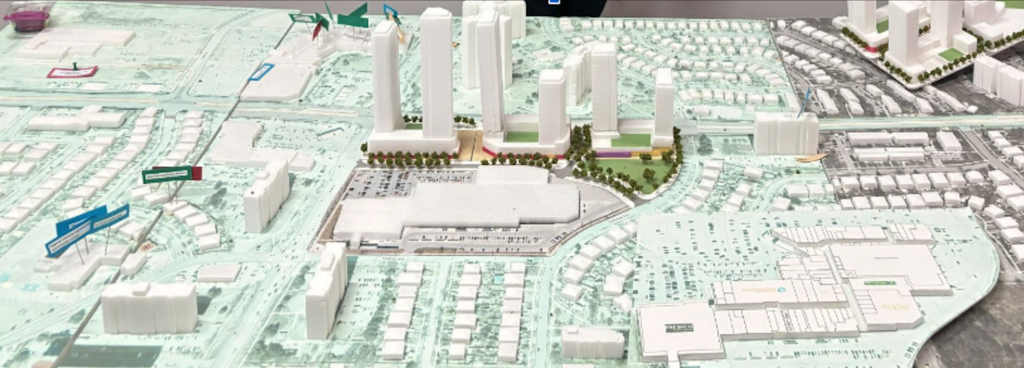 City of Toronto, Canada
City of Toronto, Canada
To help advance their work on preserving and enhancing housing affordability for Black Communities in Jane Finch, as well as other transit-adjacent neighborhoods, the Confronting Anti-Black Racism (CABR) unit of the city of Toronto and CP Planning engaged ULI Toronto and the Terwilliger Center on a Technical Assistance Panel. Presentation |
2023
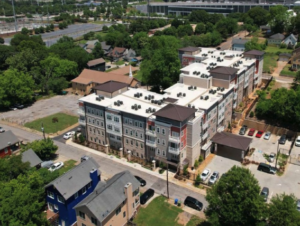 City of Atlanta, GA
City of Atlanta, GA
The strategic plan for the Housing Authority of the City, Atlanta Housing, calls for the development of 5,000 new affordable homes, a significant portion of which will be on vacant and undeveloped land. Most of the vacant land lacks the infrastructure to support new development as proposed. Atlanta Housing asked ULI’s Advisory Services team to help provide solutions for developing these parcels. Presentation |
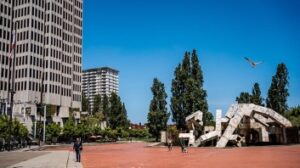
City of San Francisco: Reimagining Downtown San Francisco
Many cities in the US are creating plans to revitalize their downtowns after the impact of the pandemic and the changes in office space utilization due to remote work. The City of San Francisco invited ULI’s Advisory Services team to help them create tools to transform their financial district into a commercially vibrant and socially inclusive place that attracts diverse industries and employers and advances housing attainability. Presentation | Report
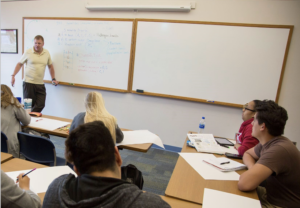
Expert Roundtable: Reimagining Community College Campuses to Meet Local Housing Needs – Coconino Community College, Page, AZ
Housing costs and insecurity significantly impact access to and success in higher education. In addition to students, more and more teachers, school staff, and members of the surrounding community cannot find housing that is affordable. This three-hour expert roundtable delivered strategies to increase the housing supply adjacent to the CCC Page campus. Summary
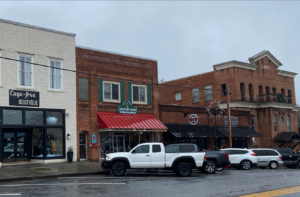
Rabun County, GA
The difficulty of providing workforce housing in a booming second-home community is not singular to Rabun. Communities all across the U.S. are facing similar challenges. The tourism industry largely drives the county’s economy. While this may sound like a great foundation for community success, one factor – housing – remains out of balance, and housing affordable to those working in Rabun’s backbone industries is incredibly scarce. Presentation | Report
2022
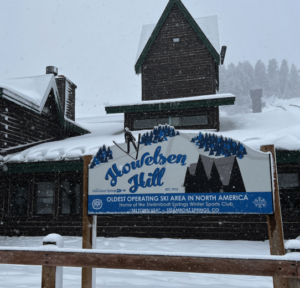 Steamboat Springs, CO
Steamboat Springs, CO
Mountain resort towns like Steamboat Springs have long struggled to provide enough housing that’s affordable. Yet in the wake of the pandemic, the situation is worsening: with full-time remote work here to stay, relocation to resort towns is a growing trend — and Steamboat Springs is no exception, resulting in a housing crisis as supply lags far behind demand. The Yampa Valley Housing Authority (YVHA) invited ULI’s Advisory Services team to assess the development plan for a 500-acre site, including the affordability mix, financials, strategy working with the private sector, as well as stewardship and governance. Presentation | Report
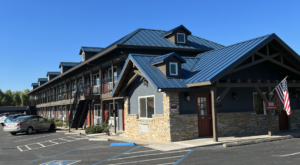 City of Sacramento, CA
City of Sacramento, CA
The Sacramento Area Council of Governments (SACOG) developed the Green Means Go program to catalyze development in green zones that have capacity for infill development and show a reduction in vehicle miles traveled. This Advisory Services panel offer recommendations that would support the development of mixed-income, infill housing along these corridors with the goal of creating walkable, mixed-use communities in Folsom’s central business district (CBD) and Sacramento County’s North Watt Avenue corridor. Presentation | Report
 Marysville and Yuba Cities, CA
Marysville and Yuba Cities, CA
Urban infill housing presents an opportunity to locate housing near existing amenities and infrastructure, but it is also difficult to finance and build. The cities of Yuba and Marysville have identified potential catalytic development sites and gap funding in their respective downtowns, which include affordable housing, medical offices, and commercial uses. Report
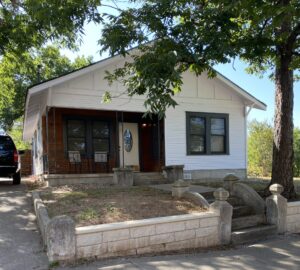
City of Austin, Texas
Cities across the United States are grappling with how to preserve housing affordability. Many cities have recognized the value of preserving market affordable housing as an important element in the affordability landscape. For Austin, many of these market affordable properties have an added historical element—many are over 50 years old— and represent the pride residents feel for the City.
Presentation | Report
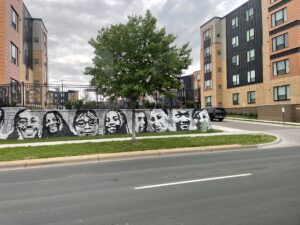
City of Brooklyn Center, Minnesota
The city of Brooklyn Center, Minnesota, prosperity and affordability requires balancing future development with the needs of existing residents to ensure housing affordability is sustainable and opportunities for building wealth are generated while displacement is avoided.
Presentation | Report

City of Boise, Idaho
Boise is at a crossroads. The city is booming, and growth is happening. Whether one wants it to happen or not, extreme changes in population patterns and in a changing climate will be a major factor in most community planning and real estate development decisions going forward over the coming decades. Presentation |Report
2021
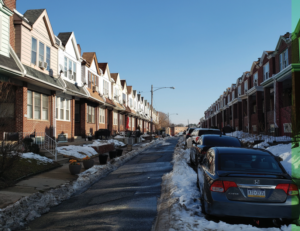
Quality affordable housing is at risk in Philadelphia. According to a recent report issued by a joint partnership between the Division of Housing and Community Development (DHCD), Philadelphia Housing Development Corporation, and Stepwise Real Estate Analytics, Philadelphia is home to a significant number of naturally occurring affordable housing (NOAH) rental units. This panel focuses on recommending strategies that can protect these units. Presentation| Report
2019
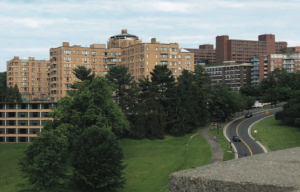
An advisory services panel made recommendations to Washington, D.C. Mayor Muriel Bowser on increasing the supply of affordable housing in the Rock Creek West Planning District, which includes Ward 3, parts of Wards 2 and 4, and is one of the District of Columbia’s most affluent areas.
Report
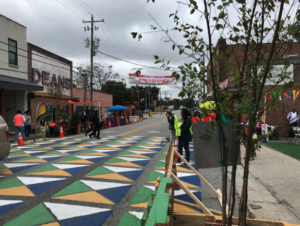
The Advisory Services Panel was invited to North Charleston in March 2019 to offer a fresh perspective on the future of 22-acre Charleston Naval Hospital site, adjacent parcels along Rivers Avenue, and the economic growth of several surrounding neighborhoods. Central to the panel’s charge is to offer the Sponsors a recommendation on whether to repurpose or demolish the Hospital structure, ahead of the planned demolition in May. Report
For more information and interest in joining our campaign, please contact:
Rosie Hepner at [email protected] and Fabiola Yurcisin at [email protected]